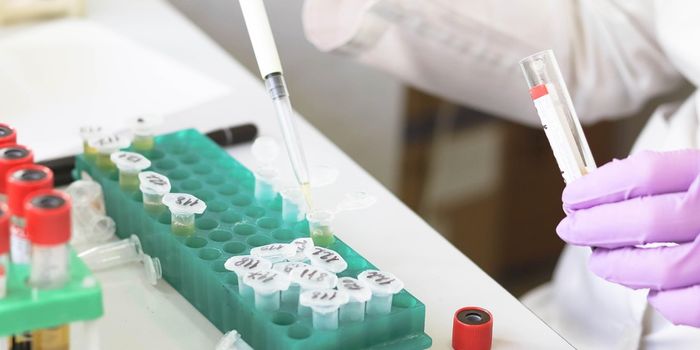Burning Fat with a Little Help From Cinnamon
New work by scientists at the University of Michigan Life Sciences Institute has found that a familiar and beloved spice may help us fight obesity. Cinnamon gets its flavor from an essential oil called cinnamaldehyde, which has been previously determined to confer some protection against hyperglycemia and obesity in mice. However, there is very little known about how or why that happens. Researchers wanted to know more about this phenomenon, and whether it might benefit people in the same way.
"Scientists were finding that this compound [cinnamaldehyde] affected metabolism," explained Jun Wu, a Research Assistant Professor at the LSI who led the study. "So we wanted to figure out how--what pathway might be involved, what it looked like in mice and what it looked like in human cells."
Reporting in the journal Metabolism, the scientists found that cinnamaldehyde can impact fat cells or adipocytes directly. That induces the cells to start thermogenesis, a process that burns energy. Learn more from the following video.
The investigators enlisted the help of a group of volunteers that came from a range of ethnicities, ages, and body types. Human adipocytes were harvested from the participants and were subsequently treated with cinnamaldehyde. The cells then upregulated several genes and enzymes that are associated with fat metabolism. The proteins Ucp1 and Fgf21 also increased; they have important regulatory roles in thermogenesis, which starts to solidify the likelihood that cinnamon does indeed help cells burn more fat.
Adipocytes act as a repository of energy, as lipids. In the early days of human life, that storage was critical to the survival of people who might have never known where their next meal was coming from, and who had only limited access to foods rich in fat. They needed to store fat whenever they could get it, so in lean times it would be there to prevent them from starving, or from freezing to death. In modern life, that ease and readiness to store fat is far less desirable and leads to unintended consequences.
"It's only been relatively recently that energy surplus has become a problem," Wu noted. "Throughout evolution, the opposite - energy deficiency - has been the problem. So any energy-consuming process usually turns off the moment the body doesn't need it."
As obesity rises, and associated health problems with it, scientists are searching for ways to encourage thermogenesis in fat cells and get rid of excess lipids. Wu thinks that cinnamaldehyde may be one way to do that. It's also conveniently popular already and might be easier for patients to use instead of a drug.
"Cinnamon has been part of our diets for thousands of years, and people generally enjoy it," Wu said. "So if it can help protect against obesity, too, it may offer an approach to metabolic health that is easier for patients to adhere to."
Caution is advised, however; further research will be necessary to determine the best way to use cinnamaldehyde so it will maximize health benefits and minimize potential problems.
Sources: AAAS/Eurekalert! via University of Michigan, Metabolism









